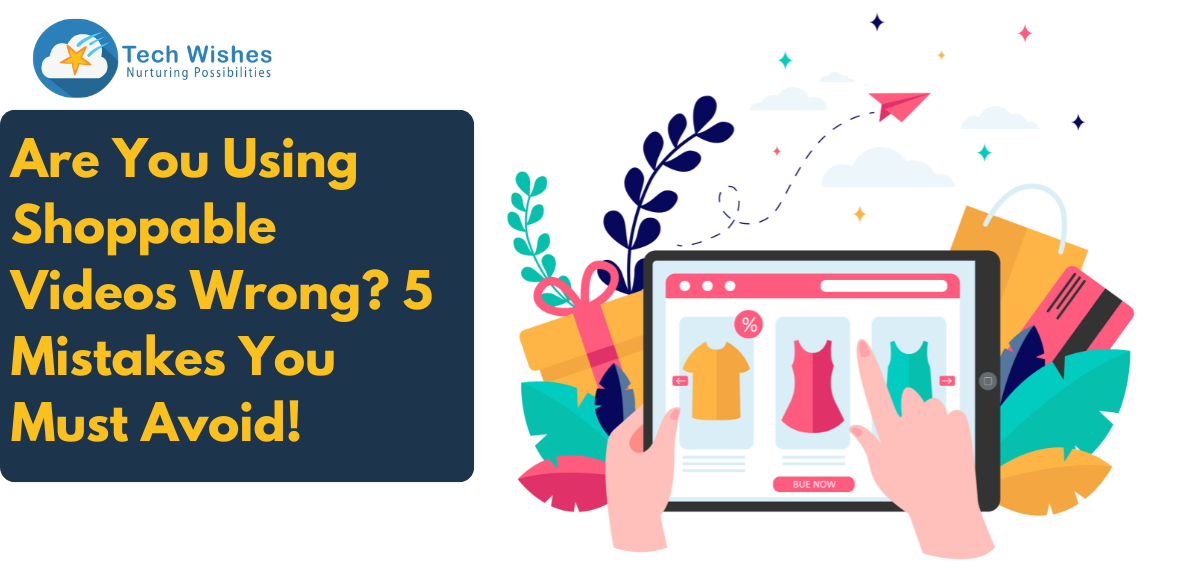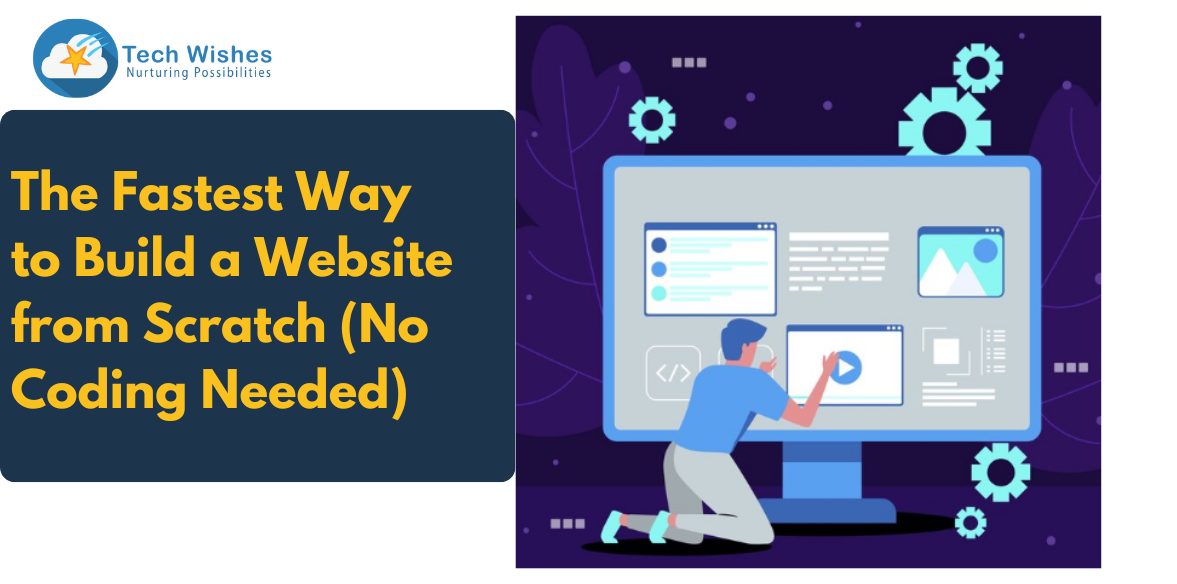n this comprehensive Shopify SEO guide, we will delve into the strategies and techniques you can implement to skyrocket your online store's visibility and attract a flood of organic traffic. Shopify is a powerful e-commerce platform, but to succeed in the competitive online landscape, you need to optimize your store for search engines effectively.
Understanding SEO and Its Importance for Shopify Stores

Search Engine Optimization (SEO) is the process of optimizing your website to rank higher on search engine result pages (SERPs). When your Shopify store appears at the top of search results for relevant keywords, it gets more visibility, which can lead to increased traffic, sales, and revenue.
The Ultimate Shopify SEO Guide: Boost Your Traffic Today!
In this section, we'll outline actionable steps to enhance your Shopify store's SEO performance and drive more organic traffic to your online business.
Keyword Research for Shopify Stores
To start your SEO journey, conduct thorough keyword research. Identify relevant and high-traffic keywords related to your products or niche. Use tools like Google Keyword Planner, SEMrush, or Ahrefs to discover the most valuable keywords with reasonable search volume and low competition.
Creating Unique and Engaging Product Descriptions
Crafting compelling product descriptions is vital for both SEO and customer experience. Avoid using manufacturer-provided descriptions, as they are usually duplicated across various online stores. Instead, write unique and persuasive product descriptions that highlight the benefits and features of your products while incorporating your target keywords naturally.
Optimizing Title Tags and Meta Descriptions
Title tags and meta descriptions play a crucial role in search engine rankings and click-through rates (CTRs). Ensure that each page on your Shopify store has a unique and descriptive title tag with relevant keywords. Meta descriptions should be compelling, and concise, and include a call-to-action to entice users to click through to your store.
Mobile-Friendly Design and Page Speed
In today's mobile-dominated world, having a mobile-friendly website is non-negotiable. Google prioritizes mobile-friendly websites in its rankings, so make sure your Shopify store's design is responsive and offers a seamless user experience across all devices. Additionally, optimize your store's loading speed by compressing images, leveraging browser caching, and choosing a reliable hosting provider.
Struggling with Page Speed Optimization? Hire the best Shopify Developers in India to experience the best…
Building High-Quality Backlinks
Backlinks are links from other websites pointing to your Shopify store. They are a crucial factor in SEO as search engines consider them as votes of confidence in your content. Focus on building high-quality backlinks from reputable websites in your niche. You can do this through guest posting, influencer outreach, or creating valuable content that others naturally want to link to.
Utilizing Shopify SEO Apps
Shopify offers a range of SEO apps that can help streamline your optimization efforts. These apps can assist with tasks like keyword optimization, image compression, and generating XML sitemaps. Some popular SEO apps for Shopify include Plug in SEO, SEO Manager, and Smart SEO.
Creating Valuable Content for Blogging
Starting a blog on your Shopify store is an excellent way to provide value to your audience while targeting long-tail keywords. Write informative and engaging blog posts related to your products, industry trends, or customer success stories. This content can attract more organic traffic and establish your brand as an authority in your niche.
Leveraging Social Media for SEO
Social media presence indirectly affects your Shopify store's SEO performance. Active social media accounts can enhance brand visibility, drive traffic to your store, and generate social signals that search engines consider. Engage with your audience on platforms like Facebook, Instagram, Twitter, and Pinterest to expand your reach and boost your SEO efforts.
Tracking and Analyzing Performance
Monitoring your Shopify store's SEO performance is crucial for identifying areas of improvement. Utilize tools like Google Analytics and Google Search Console to track organic traffic, keyword rankings, and user behaviour on your site. Analyze the data regularly and make data-driven decisions to optimize your SEO strategy continuously.
FAQs (Frequently Asked Questions)
1: What is the best way to optimize product images on Shopify?
To optimize product images on Shopify, follow these steps:
- Compress your images to reduce file size without sacrificing quality.
- Use descriptive filenames and alt tags that include relevant keywords.
- Specify image dimensions to improve page loading speed.
- Organize images into relevant folders and subfolders for better organization.
2: How can I improve my Shopify store's page loading speed?
To enhance page loading speed on your Shopify store, consider these tips:
- Optimize and compress images.
- Minify CSS, JavaScript, and HTML files.
- Leverage browser caching.
- Choose a reliable hosting provider.
- Remove unnecessary apps and code snippets.
3: Should I focus on long-tail or short-tail keywords for my Shopify store?
Both long-tail and short-tail keywords are important for a comprehensive SEO strategy. Short-tail keywords have higher search volumes and competition, while long-tail keywords are more specific and targeted. Aim for a mix of both to capture a wider range of search intent and optimize your Shopify store effectively.
4: How frequently should I update my Shopify store's blog?
Consistency is key when it comes to blogging for your Shopify store. Aim to publish new blog posts regularly, whether it's once a week or once a month. Create a content calendar and stick to a consistent publishing schedule to engage your audience and improve your store's SEO.
5: Can I use the same meta description for multiple pages on my Shopify store?
No, it's essential to have unique meta descriptions for each page on your Shopify store. Duplicate meta descriptions can confuse search engines and hinder your SEO efforts. Craft unique and compelling meta descriptions that accurately describe the content on each page while incorporating relevant keywords.
6: Are Shopify SEO apps worth it?
Yes, Shopify SEO apps can be highly beneficial for streamlining your optimization efforts. These apps offer various features like automated meta tag generation, XML sitemap creation, and keyword optimization suggestions. Explore the available SEO apps on the Shopify App Store and choose the ones that align with your specific needs.
Conclusion
Implementing effective SEO strategies is crucial for boosting your Shopify store's visibility and driving organic traffic. By following the techniques outlined in this ultimate Shopify SEO guide, you can enhance your store's search engine rankings, attract more qualified visitors, and ultimately increase your sales and revenue.
Remember to conduct thorough keyword research, optimize title tags and meta descriptions, build high-quality backlinks, and create valuable content through blogging. Utilize Shopify SEO apps and track your performance using analytical tools to continuously refine your strategy.
By investing time and effort into optimizing your Shopify store for SEO, you can outshine your competition and achieve long-term success in the e-commerce industry.
For Shopify SEO reach out to the best Shopify Experts in India!



